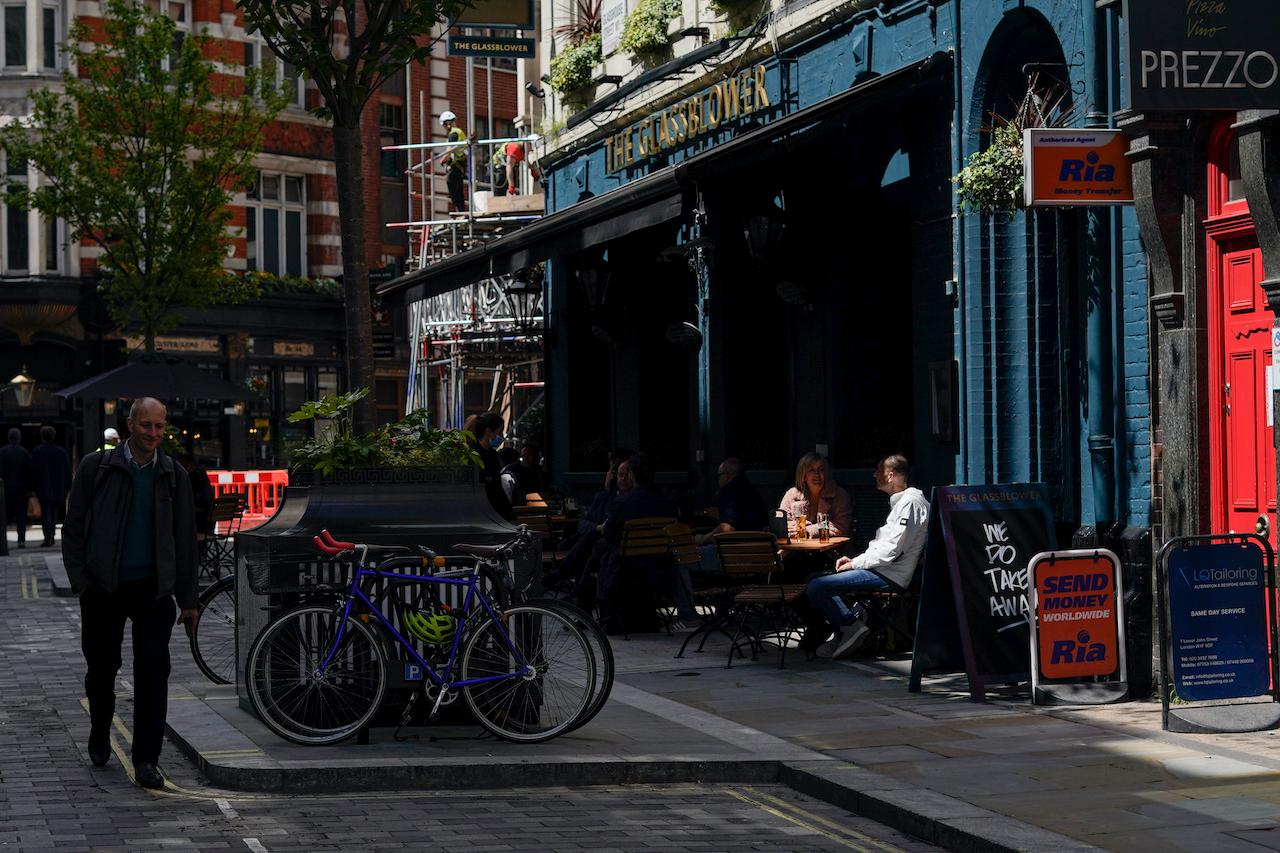Lockdown easing in England delayed by 4 weeks
Rising infections of the Delta variant have caused the government to listen to scientists and be cautious.
Senior ministers have decided to delay the lifting of coronavirus restrictions in England beyond the long-awaited lifting date of June 21.
Government sources have told the BBC that most current restrictions will remain for another four weeks after this date.
This means that nightclubs will stay closed, and people will be encouraged to still work from home where possible. Capacity limits on events and guest numbers at weddings will stay.
Prime Minister Boris Johnson is expected to confirm the delay at a press conference on Monday.
The lockdown extension will be put to a Commons vote this month and could trigger a sizeable Conservative backbench rebellion.
Stage four of the government’s roadmap out of lockdown would have seen all legal limits on social contact removed.
Many scientists had called for the reopening to be delayed to enable more people to be vaccinated and receive second doses amid rising cases of the Delta variant, first identified in India, which now accounts for 90% of infections.
A delay will also allow for more research to be done to ascertain whether vaccines are breaking or just weakening the link between infections and hospitalisations.
Former cabinet minister Damian Green told the BBC that he wanted to see the decision to delay reviewed as more data becomes available.
“I think if it is as long as a month then there should be a break clause after two or maybe three weeks, to say that if we can tell by then that the rise in cases is not leading to a sort of rise in the serious illness that sends people into hospital, then we can unlock earlier,” he said.
On Sunday, Foreign Secretary Dominic Raab told the BBC the government “don’t want to yo-yo in and out of measures”.
He said the decision on postponing unlocking would depend on whether the link between infections and hospital admissions had been cut.
The prime minister had previously said the government must be cautious because any easing of restrictions will be irreversible.
The Delta variant is believed to be around 60% more infectious than the Alpha variant – which was first identified in Kent and was previously dominant in the UK – and twice as likely to result in infected people being hospitalised.
Prof Andrew Hayward from University College London, who is a member of the SAGE group which advises the government, said easing more restrictions would “fan the flames” of rising infections.
On Sunday, the UK recorded 7,490 new cases of Covid-19 and eight deaths within 28 days of a positive test.
The seven-day average for cases in the UK is up 49% compared with the seven days before.
Subscribe to our newsletter
To be updated with all the latest news and analyses daily.
